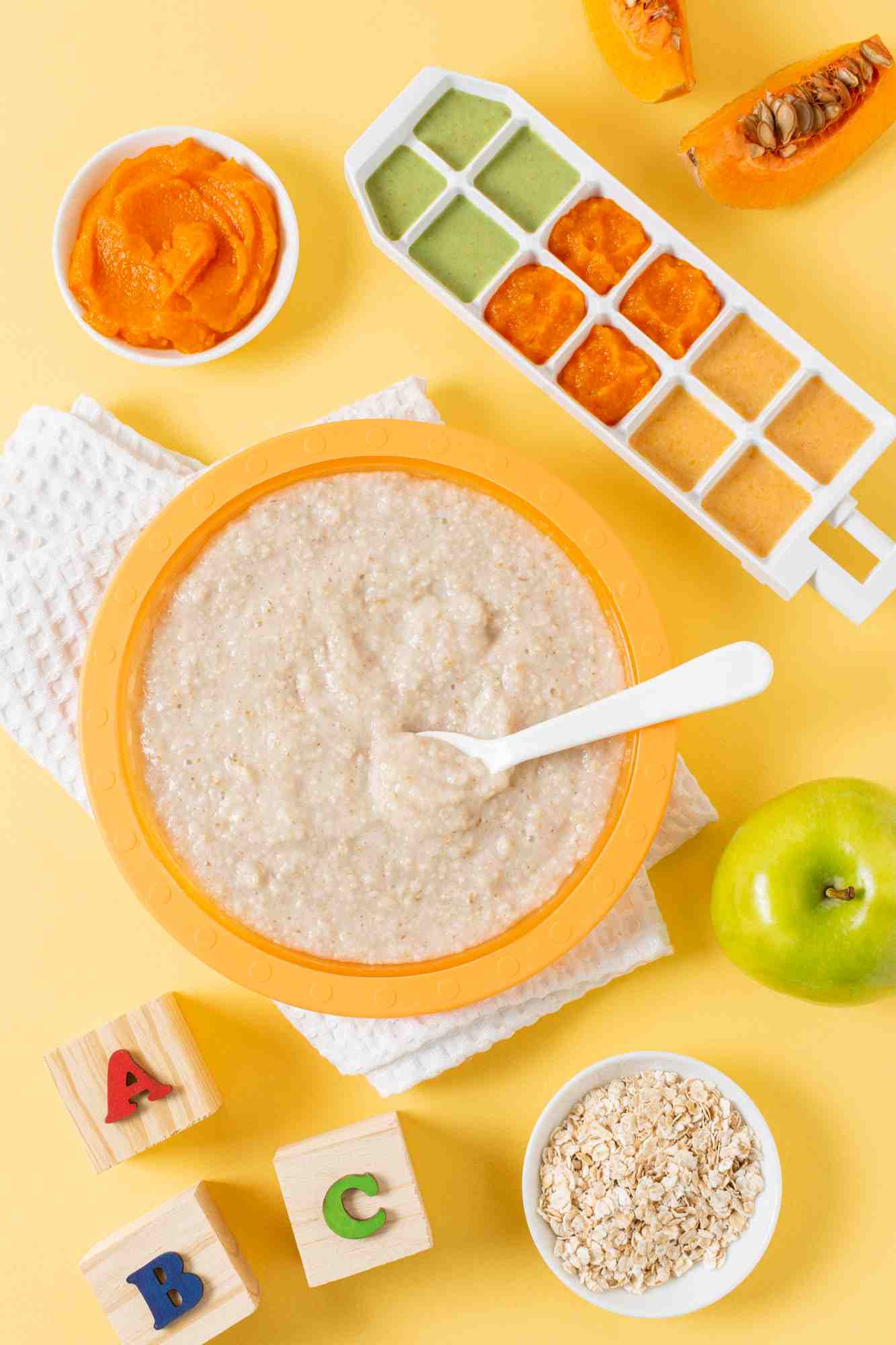
0-6 months
Exclusive breastfeeding: Breastfeed on demand, and supplement with vitamin D at a dosage of 400 IU per day.
Formula milk: Choose the formula fortified with lactoferrin (for those at risk of allergy, use hydrolyzed protein).
Prohibitions: Honey is prohibited within 1 year of age, and do not add salt or sugar.
6-24 months
1) Complementary food addition:
From thin to thick consistency: Iron-fortified rice flour is highly recommended first, and gradually introduce minced meat and vegetable puree.
Gradual adaptation: Introduce a single food each time and observe for allergic reactions for 3 days.
From small to large quantity: The initial amount of food may be only 1 spoonful, and gradually increase it after there is no discomfort.
Vary from person to person: Determine the time, quality, and quantity of complementary food addition according to individual differences.
2) Key nutrients:
Zinc (minced beef, oyster powder) supports the immune system.
Healthy fats (avocado, walnut oil) promote brain development.
Toddlers (1-3 years old)
Protein: For children aged 1-3 years old, the daily intake is 25 g; Consume high-quality protein from animal foods, such as lean meat, fish, eggs, dairy products, etc.
Lipids: The intake of DHA should reach 100 mg per day; The intake of fats should account for about 35% of the daily diet.
Iron and zinc: The recommended intake of iron for toddlers is 9 mg per day, and the recommended intake of zinc is 4 mg per day. You can consume foods such as animal livers, shellfish seafood like oysters, scallops, mushrooms, nuts, etc.




